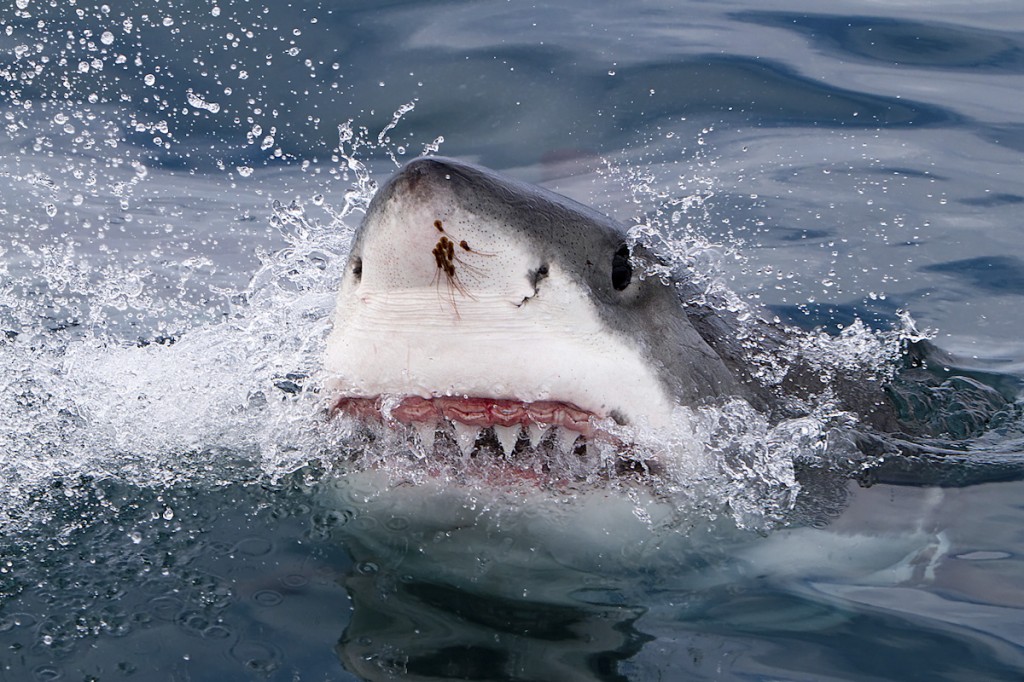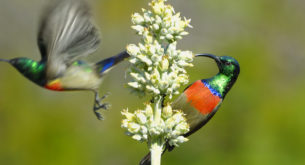False Bay is known for its healthy great white shark population but for the past eighteen months the infamous fish have disappeared from the area completely. There is cause for concern surrounding a localised extinction of these sharks.
In a statement, the City of Cape Town said, “the City and the Shark Spotters applied research programme have been monitoring white shark activity and behavioural ecology in False Bay since 2004.”
“Between 2010 and 2016, spotters recorded an average of 205 white shark sightings per year at their operating beaches during the spring and summer period. However, in 2018 the total number of shark sightings recorded fell to only 50, and this year there has not been a single confirmed white shark sighting by the spotters.”
The Shark Spotters applied research programme has also not detected any of the tagged white sharks, using tracking receivers, since 2017.

Image: Alain Clark-Miller
The disappearance of the sharks is an alarming fact. While there was speculation that the presence of orcas along the coast may have something to do with the disappearance of white sharks, this has been refuted.
Speaking to Cape Talk, Marine Biologist Dr. Sara Andreotti said, “I cannot believe that two orcas would make an entire white shark population disappear from the most important site around the coastline. It is a very strange way of looking at it.”
“I was probably the least surprised about the disappearance of the white shark in False Bay considering that back in 2012, we estimated the population to be in between 300-500 sharks around the coast. We also did a genetic study to confirm this result and it confirms that the white shark population in South Africa was in very big trouble.”
Dr. Andreotti continued in saying that while great whites are protected in South Africa, their food source was not. Great whites don’t only rely on seals for food but they eat other sharks as well. The result of overfishing could be linked to the sharks disappearance.
“The sharks are top predators and are extremely sensitive to changes in the climate.” She suggests that pollution, overfishing of natural resources are linked to the animal’s disappearance. “You can’t overfish smaller sharks and expect the white shark to survive.”
She then continued to say that the localised extinction of the white shark is mostly to blame on human behaviour.
“If you speak with people that have been in the cage diving industry for a long time, they will tell you how many sharks they used to have around the boat and how the constant decline in sightings over the years. this is not a crash that suddenly happened, or an orca event that immediately made the sharks disappear. It is a decline that has been happening for years.” she said.
Image: Alain Clark-Miller/Getaway media gallery
















